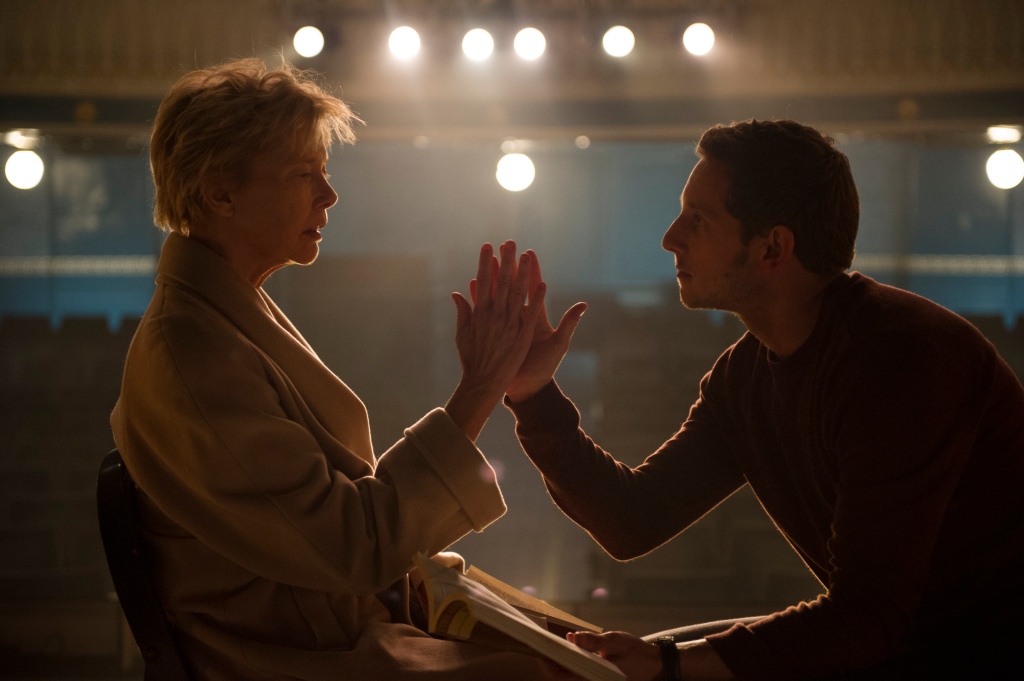![TotalRe[Gardner_40]_E-01-3DCD-Aob1](https://leoninefilms.com/wp-content/uploads/2012/09/totalregardner_40_e-01-3dcd-aob1.jpg?w=210&h=300) The art direction of this current film version of the Philip K. Dick short story reminded me of Bladerunner, especially the scenes around The Colony: a rainy, concrete-grey, vaguely Asian city populated by rogues and the disenchanted, occasionally punctuated by the super-sleek appearances of bars where our hero can taste the elixir of recalled and invented memories. It is possible that I like these films for the art direction entirely; I have written previously about the many ways in which we can imagine dystopia.
The art direction of this current film version of the Philip K. Dick short story reminded me of Bladerunner, especially the scenes around The Colony: a rainy, concrete-grey, vaguely Asian city populated by rogues and the disenchanted, occasionally punctuated by the super-sleek appearances of bars where our hero can taste the elixir of recalled and invented memories. It is possible that I like these films for the art direction entirely; I have written previously about the many ways in which we can imagine dystopia.
In Total Recall, Bladerunner, Metropolis, Gattaca, Terminator, Alphaville (and many others) The City is the capital of dystopia. When everything goes to pieces, the cities still stand. When faced with the collapse of the world and the possible return of the invaders, humans gravitate toward the densest areas. Certainly the city is the perfect vehicle for a narrative. Here, a hero can encounter all the necessary stock characters who test his strength, define his limits, and tempt him to the dark side. The city is the perfect opportunity to showcase structures of power and new technologies. Think of Mos Eisley in Star Wars, even Los Angeles in Terminator, and Terry Gilliam’s Brazil. In a way the city is how the medieval-renaissance writers envisioned dystopia: it is as manufactured as it comes, far away from our roots in nature and from our connection to the divine and the mystical. Cities have that unnatural element which makes them ideal backdrops for these narratives which test our humanity.
With a forlorn but believably confused Colin Farrell as the man who cannot recall his past.




Leave a comment